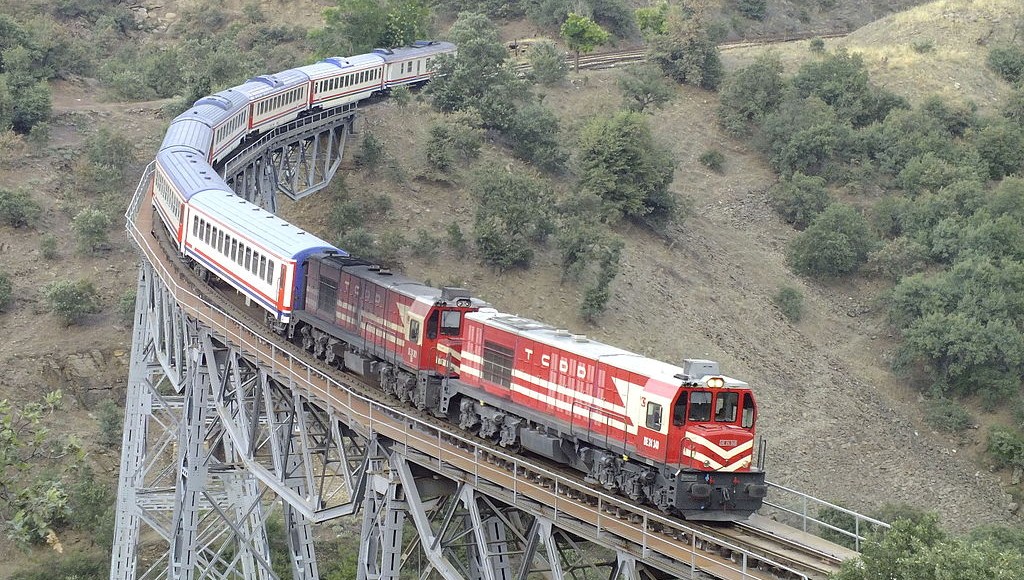Turkey’s state-owned enterprises suffered a loss of TL 13.7 billion ($1.85 billion) in 2019, a 24 percent increase over 2018, according to an audit from the country’s Court of Accounts, the Birgün daily reported on Thursday.
Twenty-three companies lost a total of 13.7 billion ($1.85 billion) in 2019, TL 1.6 billion ($216 million) more than state-owned enterprises lost in 2018, with the Petroleum Pipeline Corporation (BOTAŞ) taking the lead with a loss of TL 5.6 billion ($756 million), Birgün said.
BOTAŞ was followed by the Turkish State Railways (TCDD), which lost TL 2.5 billion ($337 million) in 2019, and the Post and Telegraph Directorate of Turkey (PTT), which suffered a loss of TL 1.2 billion ($162 million).
TCDD transport (TCDDT), the Turkish Sugar Refineries Corporation (Türkşeker), the General Directorate of Tea Enterprises (ÇAYKUR), the Turkish Electricity Distribution Corporation (TEDAŞ) and Turkish Hard Coal Enterprises (TTK) lost TL 1 billion ($135 million), TL 968 million ($130 million), TL 635 million ($ 85.8 million), TL 389 million ($52.5 million) and TL 1 billion ($135 million), respectively.
The remaining enterprises, including the Meat and Milk Board (ESK), Sümer Holding and the Rail Systems Engineering, Consultancy Joint Stock Company (RAYSİMAŞ), each lost an amount between 2 and 34 million lira ($270,000 and $4.5 million) in 2019.
The financial deterioration of Turkey’s state-owned enterprises was continuing mainly due to wrong policies carried out by President Recep Tayyip Erdoğan’s Justice and Development Party (AKP) government, Birgün said.
The AKP’s transfer of Treasury assets in a number of top companies, including BOTAŞ, PTT and ÇAYKUR, to the Turkey Wealth Fund, which was set up as the national sovereign wealth fund in 2016 and has been chaired by Erdoğan since September 2018, has attracted widespread criticism.
Experts have suggested that these companies will no longer be financially overseen and that their operations will lack transparency, while opposition figures have also warned that the move is likely to result in an economic crisis.


